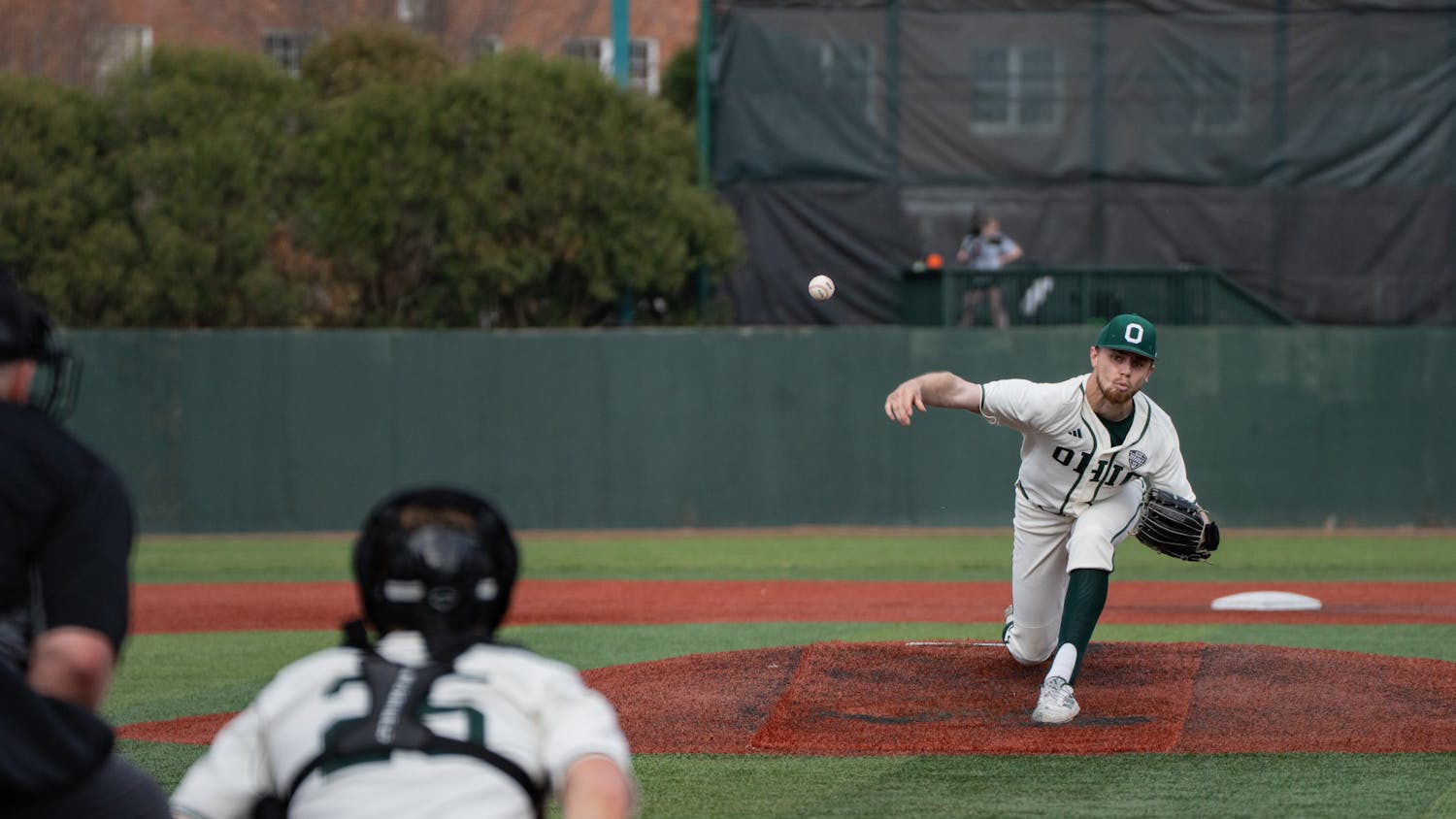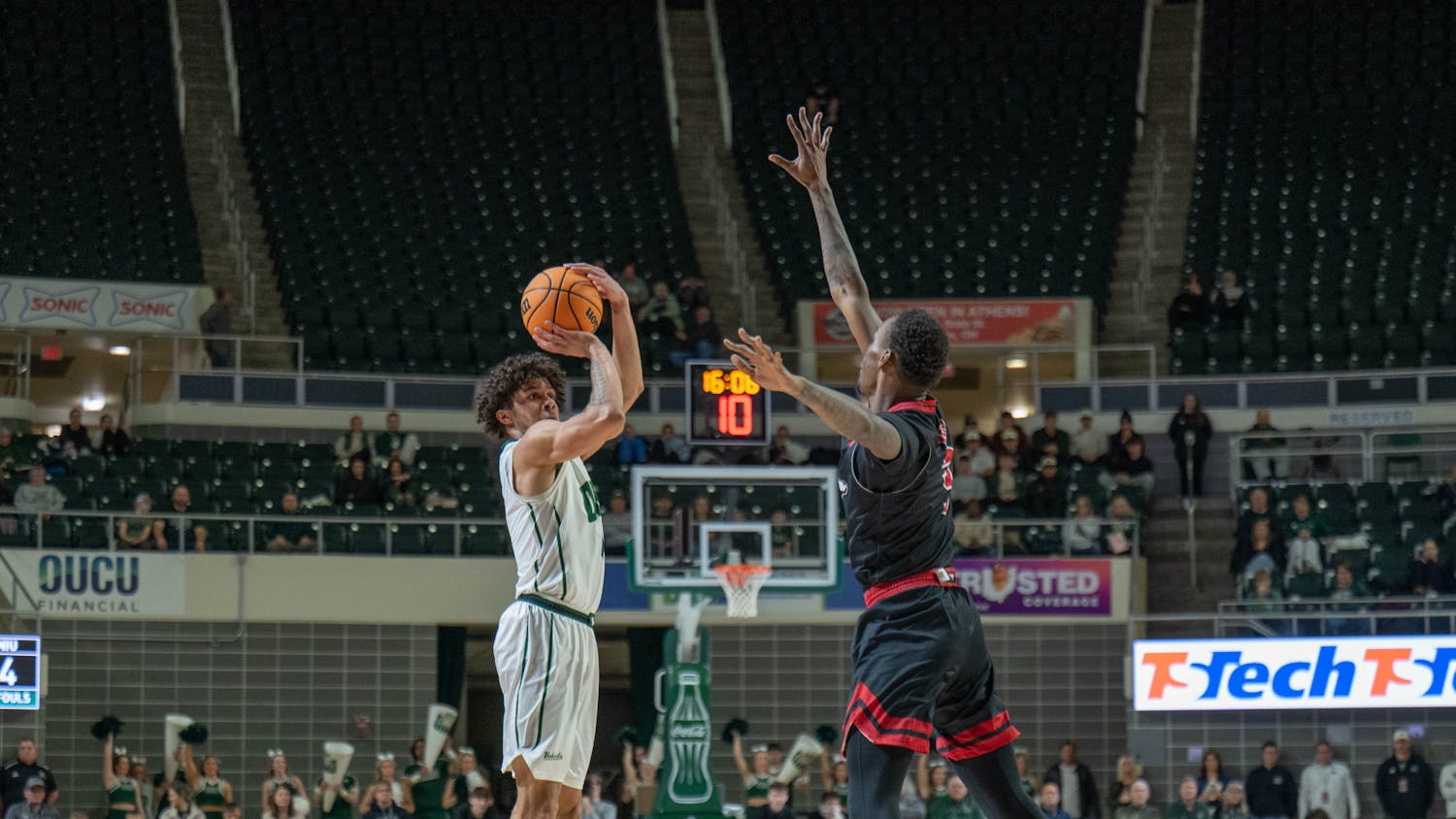Another successful NCAA men’s basketball tournament means another year of profit for the host organization. But for its member institutions, the story might be a bit different.
The NCAA rakes in more than $1 billion a year from its Big Dance, which comes mostly from lucrative TV broadcasting deals. Some of that money will eventually make its way back to the teams that participated in the tournament, but none of it will end up in the pockets of the basketball players who took center stage during March Madness.
Now, I am not someone who thinks college athletes should be paid a salary for their on-court efforts. That is not the message that college sports should convey. College athletes ought to be “amateurs” in every sense of the word, and they should not be distracted from school by commercial recordings and contract negotiations. The rough midweek travel schedule already impinges on their ability to focus on their studies.
But, like everything else in life, college athletics revolves around money. Networks such as CBS and ESPN eye huge opportunities for profits thanks to high consumer demand. The NCAA is more than happy to collect a paycheck and portray its academics-first message to millions of viewers worldwide.
And that’s all fine and dandy. The NCAA needs money to operate, and the easiest way to earn that is by awarding a television contract to the tune of $8 billion during 11 years. Much of that goes to its member conferences and to pay the operating costs of the venues at which the tournament is played.
But the income does not stop there. The NCAA has a contract with companies such as Powerade and Wheat Thins to use their products at tournament events. The Final Four took place in the Superdome, which has about 25,000 seats that are too high to watch a basketball game. But that means more ticket sales, so who cares, right?
ESPN also uses the Final Four as the hook for its annual college dunk contest, which took place at nearby Tulane University. Denny’s and State Farm served as sponsors for the event, and their logos filled Fogelman Arena.
But perhaps the most annoying thing about the tournament was that the team benches at the Superdome were off the playing stage. The bench players sat three feet lower than the playing surface instead of being on the edge of the action. That led players such as Kentucky’s Anthony Davis to fall off the raised platform while chasing down loose balls.
What purpose could this serve? With fewer tall people sitting so close to the sidelines, front-row seats become more valuable. Cha-ching.
Making money is not a crime, and the NCAA does an excellent job of making the Big Dance a national spectacle. But the organization will continue to convey conflicting messages as long as it stresses amateurism while raking in millions.
Michael Stainbrook is a junior studying journalism and sports editor for The Post. If you think the NCAA deserves an A-plus, email him at ms229908@ohiou.edu.





